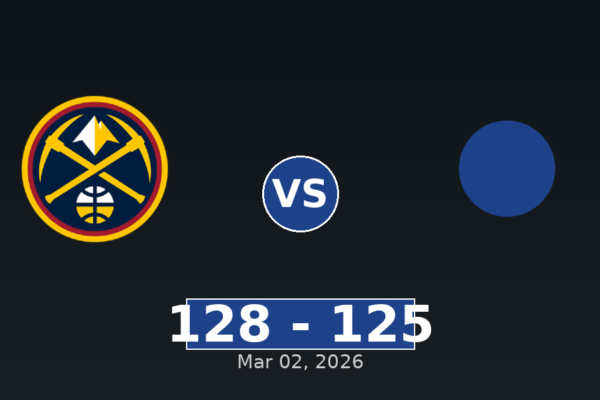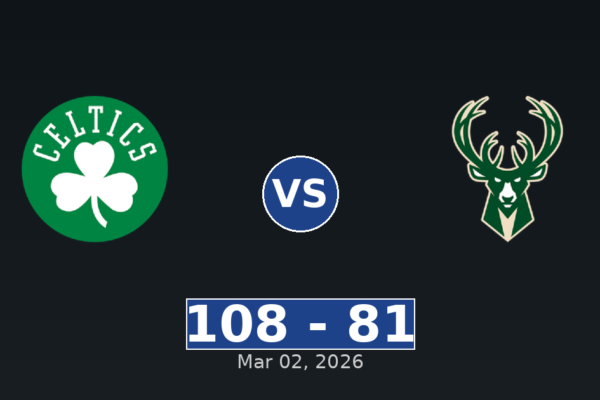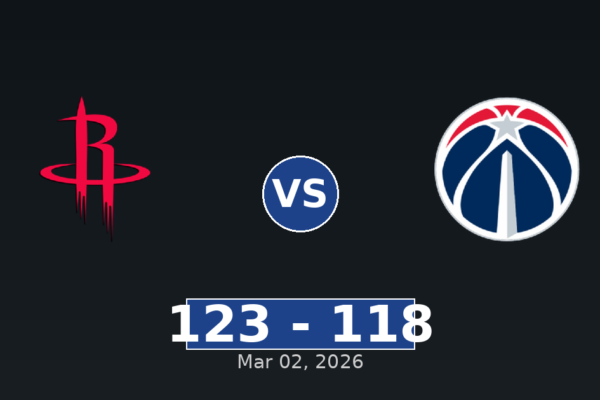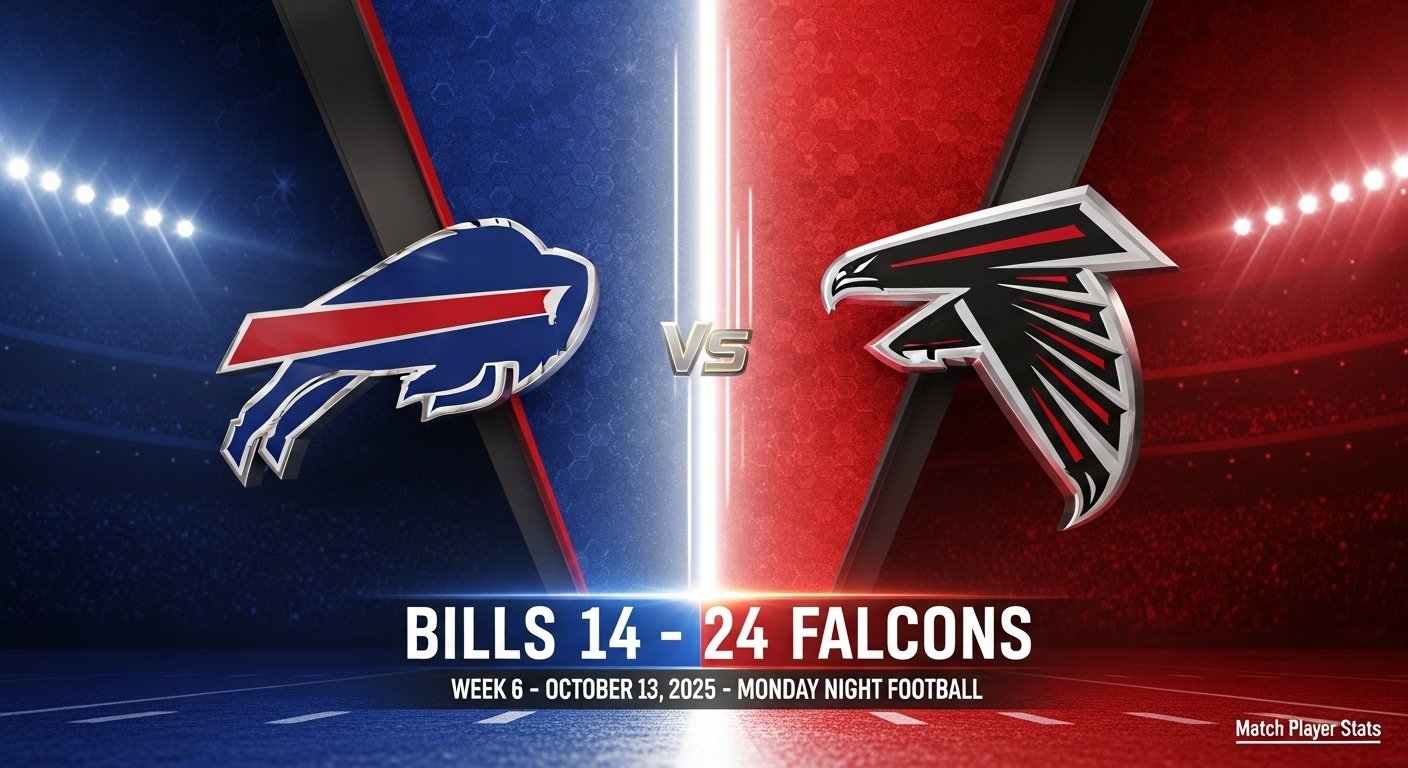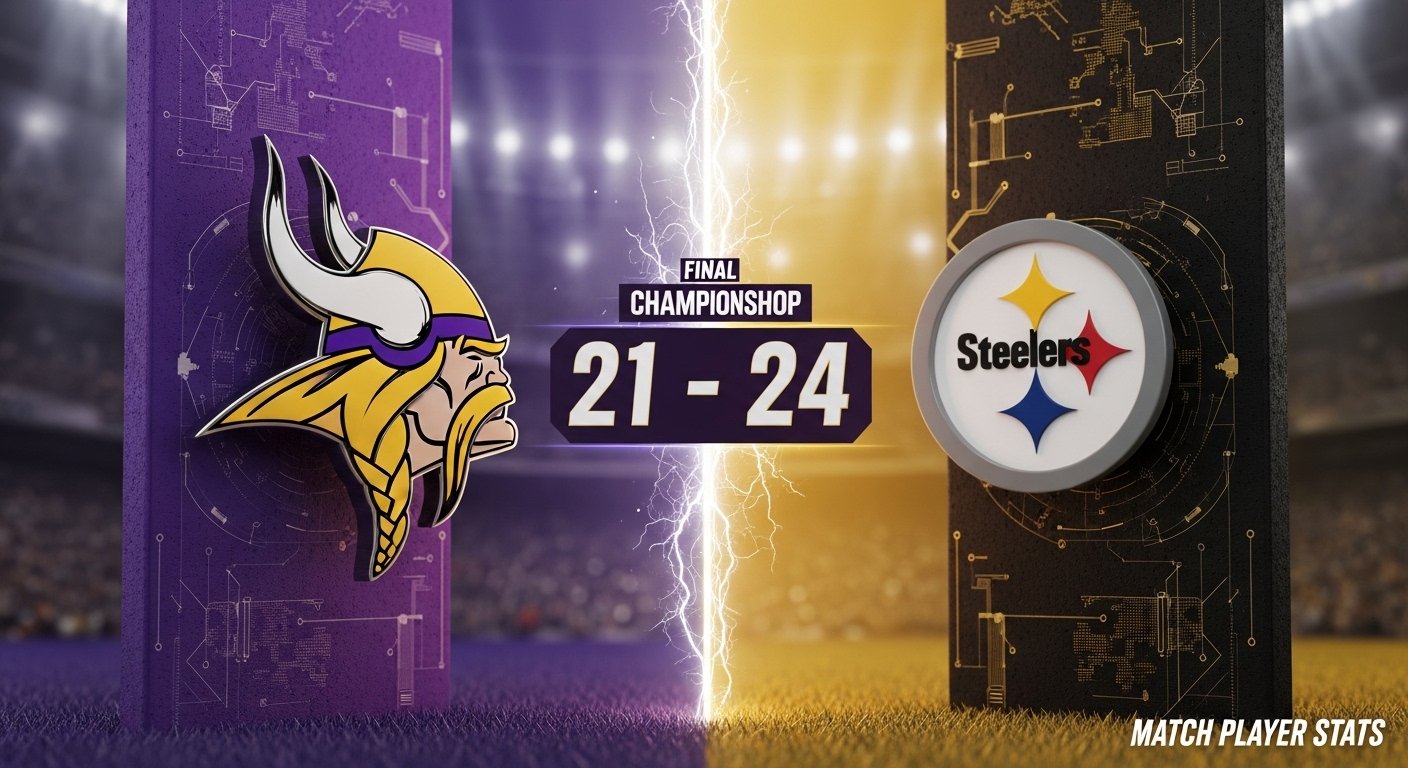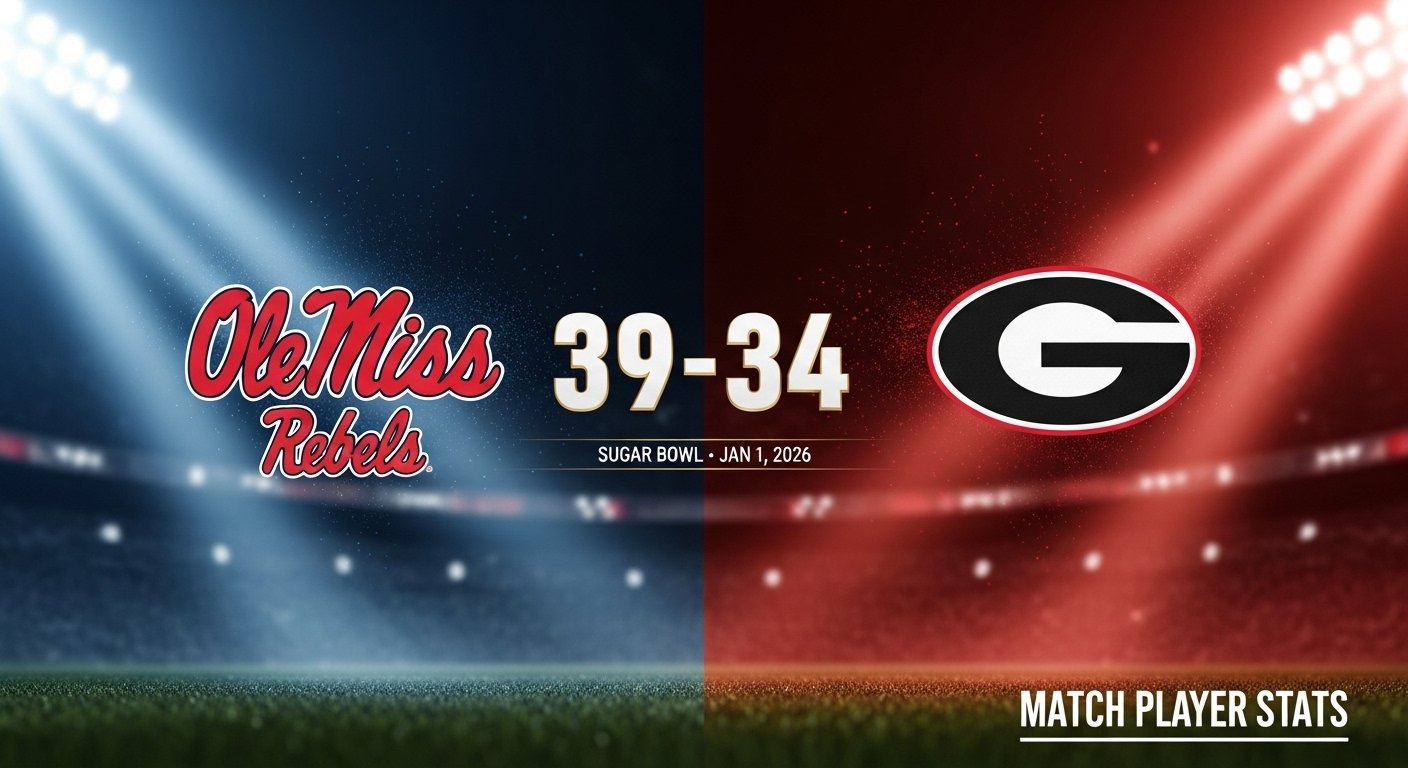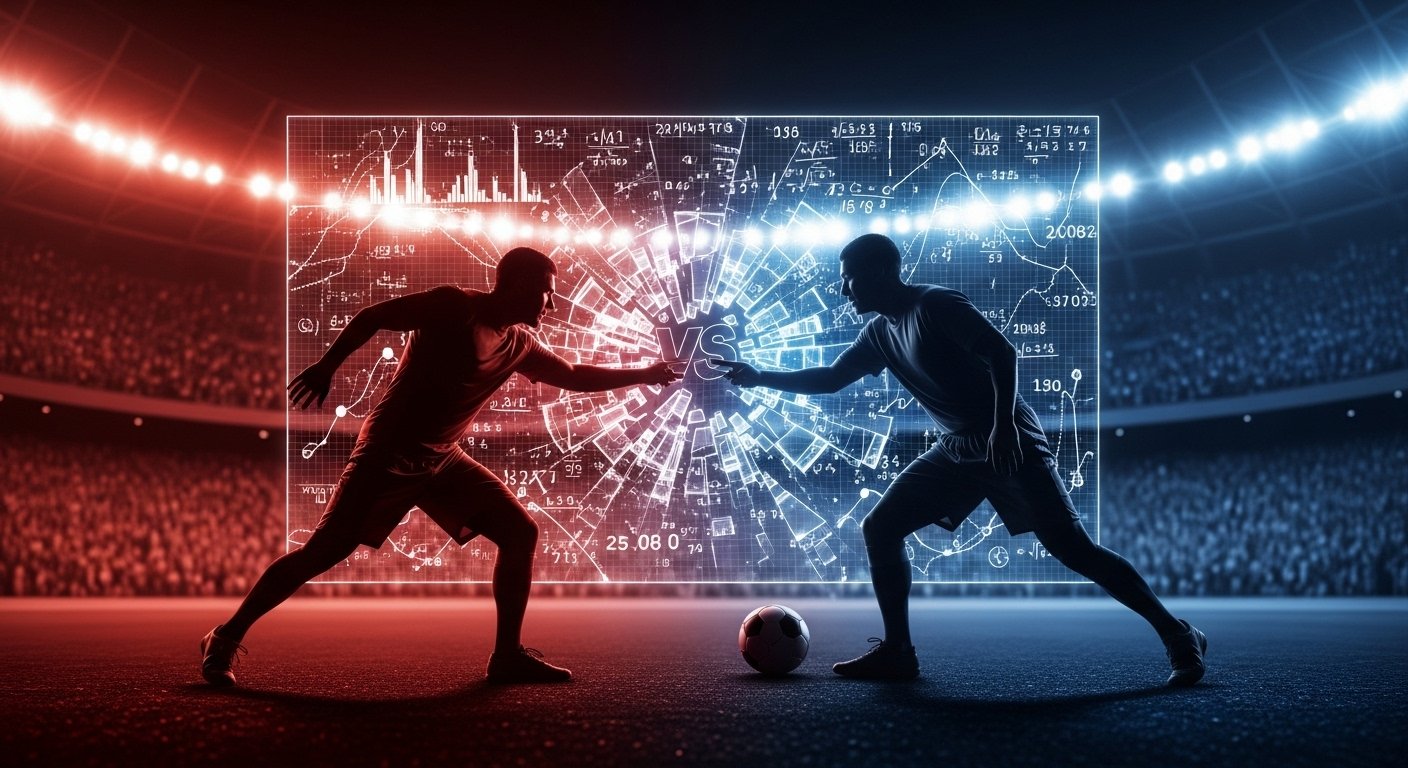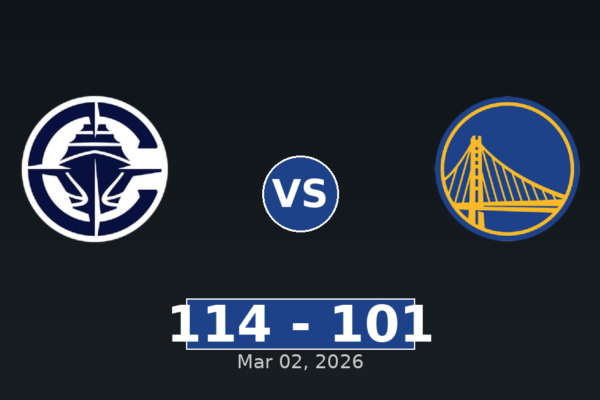
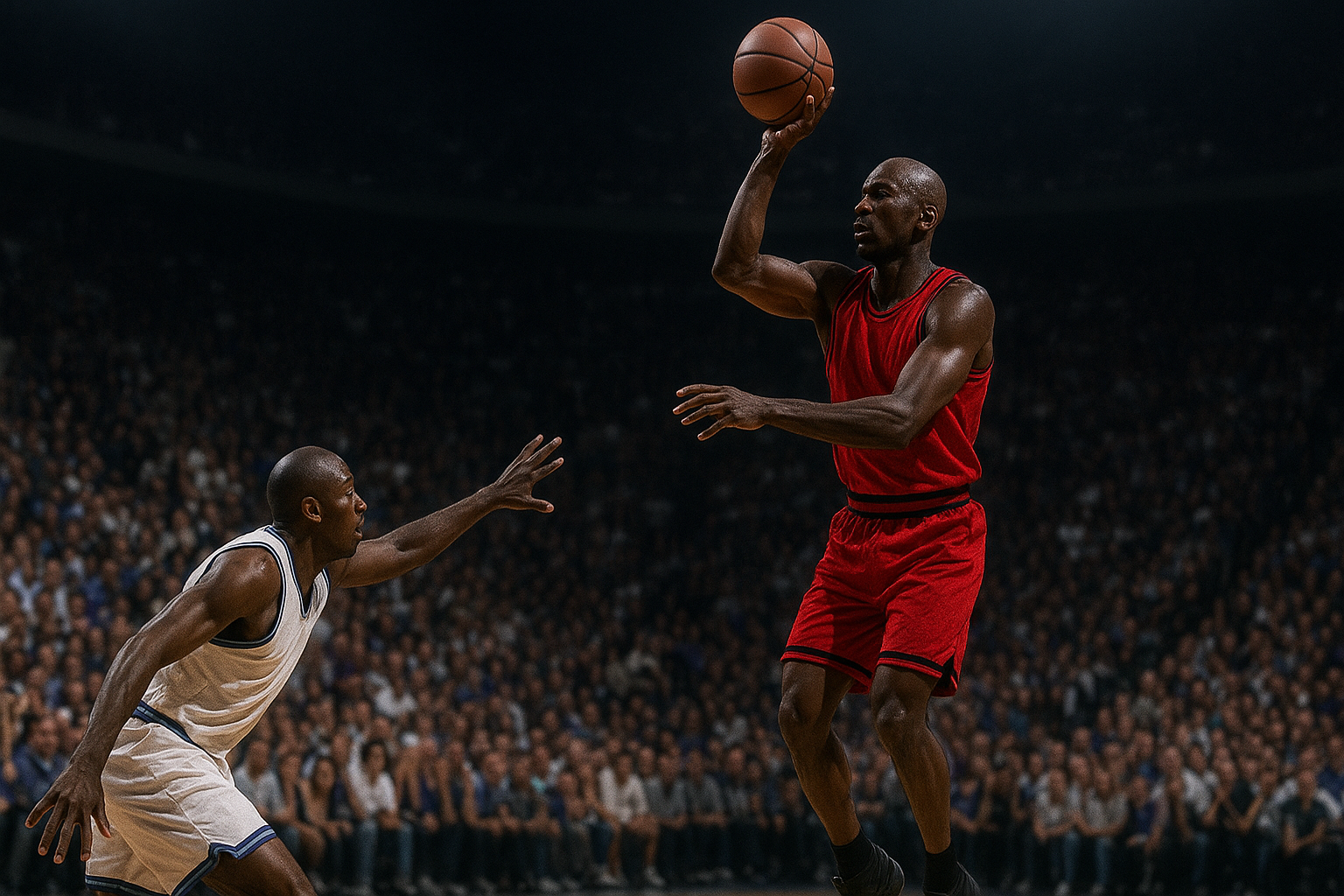
Flashback: NBA Finals 1998 – Chicago Bulls vs. Utah Jazz
The 1998 NBA Finals remain one of the most iconic and dramatic series in basketball history; the last stand of the Chicago Bulls dynasty led by Michael Jordan, Scottie Pippen, and coach Phil Jackson. It was not just a championship series; it was a cultural moment that closed an era, blending sports, legacy, and myth.
Setting the Stage
By the summer of 1998, the Bulls were both dominant and exhausted. They had already captured five championships in seven years, but behind the scenes, tension brewed. General Manager Jerry Krause had made it clear that the dynasty’s run was nearing its end. “This is the last dance,” coach Phil Jackson told his players, and they played like it.
The opponent, the Utah Jazz, was hungry for revenge. Led by Karl Malone and John Stockton, two of the most fundamentally sound players in NBA history, Utah had fallen to Chicago in six games in the 1997 Finals. With home-court advantage this time, they sought redemption and the franchise’s first title.
The Series Overview
The Finals tipped off on June 3, 1998, in Salt Lake City. The Jazz struck first, taking Game 1 in overtime, 88-85. Karl Malone scored 21, while Jordan, ever the competitor, posted 33 but couldn’t overcome Chicago’s sluggish shooting.
Chicago responded in Game 2, a gritty 93-88 win highlighted by Pippen’s defence and Jordan’s 37 points. The Bulls then returned to Chicago and delivered one of the most lopsided Finals performances ever, a 96-54 demolition in Game 3. It was a defensive masterpiece and a psychological turning point.
The Bulls took a commanding 3-1 lead after a 86-82 Game 4 victory, with Jordan pouring in 34 points. However, Utah refused to fold. In Game 5, behind Malone’s 39 points, the Jazz edged Chicago 83-81, forcing the series back to Salt Lake City.
Game 6: The Perfect Ending
June 14, 1998. Delta Centre. Game 6. It was, in many ways, the end of an era before the final buzzer even sounded.
Scottie Pippen was hobbled by back pain, barely able to move. Jordan, at 35 years old, carried the load almost entirely. The Jazz led 86-83 with under a minute left. Then came one of the most replayed sequences in sports history.
Jordan drove to the basket and scored to cut the lead to one. On the next possession, he stripped Karl Malone in the post; a savvy, instinctive defensive play. Dribbling up the court, he calmly isolated Bryon Russell at the top of the key. A crossover, a slight push-off (depending on who you ask), and a 20-foot jumper. Swish.
The Bulls led 87-86 with 5.2 seconds remaining. Utah’s last attempt, a rushed jumper by John Stockton, clanged off the rim. Chicago had done it again; their sixth title in eight years.
Jordan’s final shot as a Bull became simply The Shot, the perfect punctuation to a legendary career (at least until his brief Washington comeback). The moment was featured in a recent article about the most dramatic finishes in sport by Bet442.
Legacy of the 1998 Finals
The 1998 Finals represented the closing chapter of one of the most dominant dynasties in sports history. Jordan won his sixth Finals MVP, averaging 33.5 points per game. Phil Jackson left the team, Pippen was traded, and Dennis Rodman was released. The Bulls were dismantled soon after, their era over, but immortalised.
For the Jazz, it was a heartbreaking repeat. Despite their brilliance, they never returned to the Finals, and both Malone and Stockton retired without a ring.
Cultural Impact
The 1998 Finals transcended basketball. The series’ television ratings remain among the highest in NBA history, with Game 6 drawing nearly 36 million viewers. Decades later, ESPN’s The Last Dance documentary reignited fascination with the Bulls’ final run, showing the personal sacrifices and emotional weight behind the glory.
Final Thoughts
The 1998 NBA Finals were more than a competition; they were a farewell symphony for basketball’s greatest dynasty. Jordan’s final shot symbolised perfection: poise, skill, and drama distilled into one moment.
When he walked off the court in Salt Lake City with six titles and six Finals MVPs, the world knew they had just witnessed the end of an era that might never be repeated.

